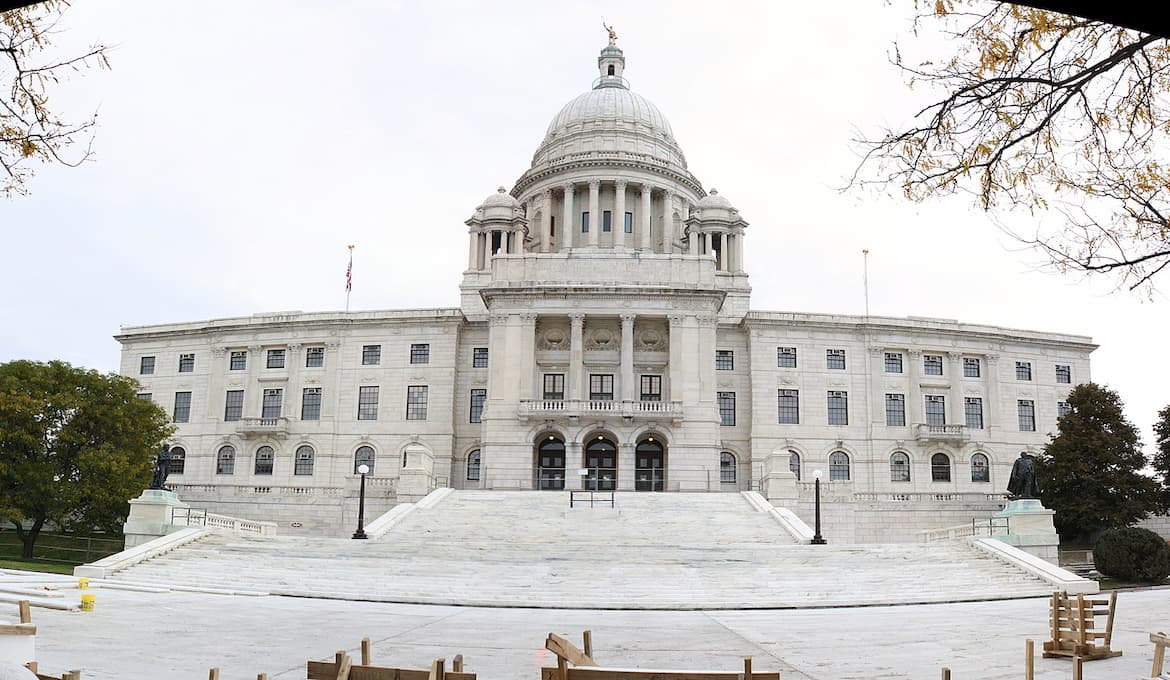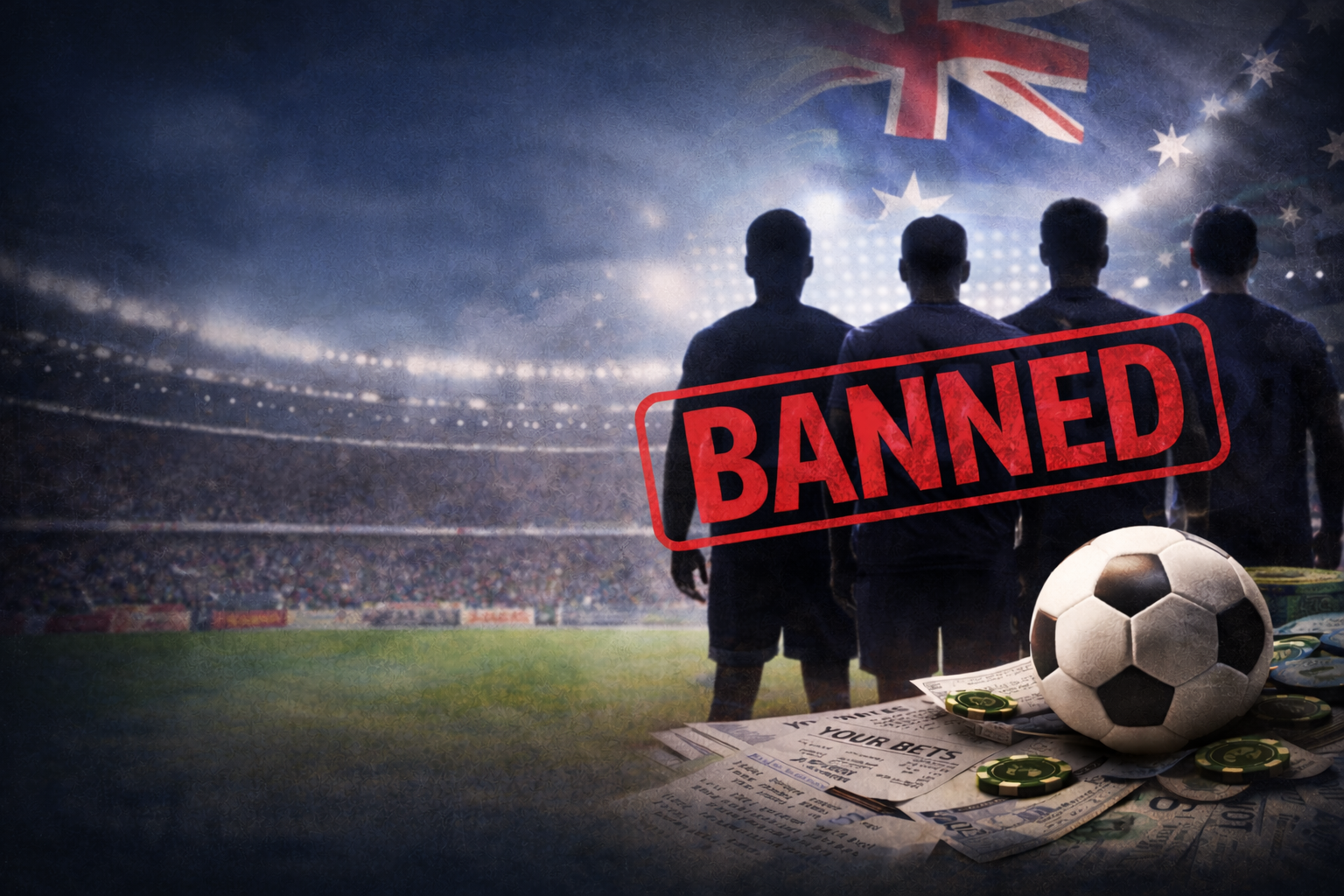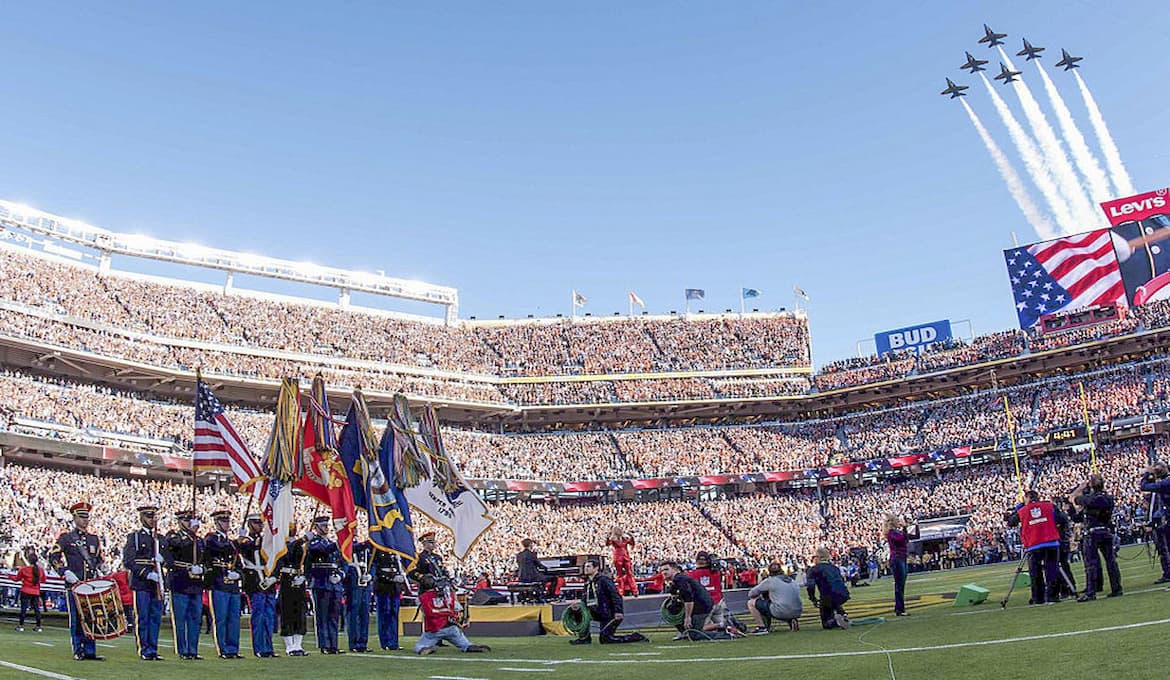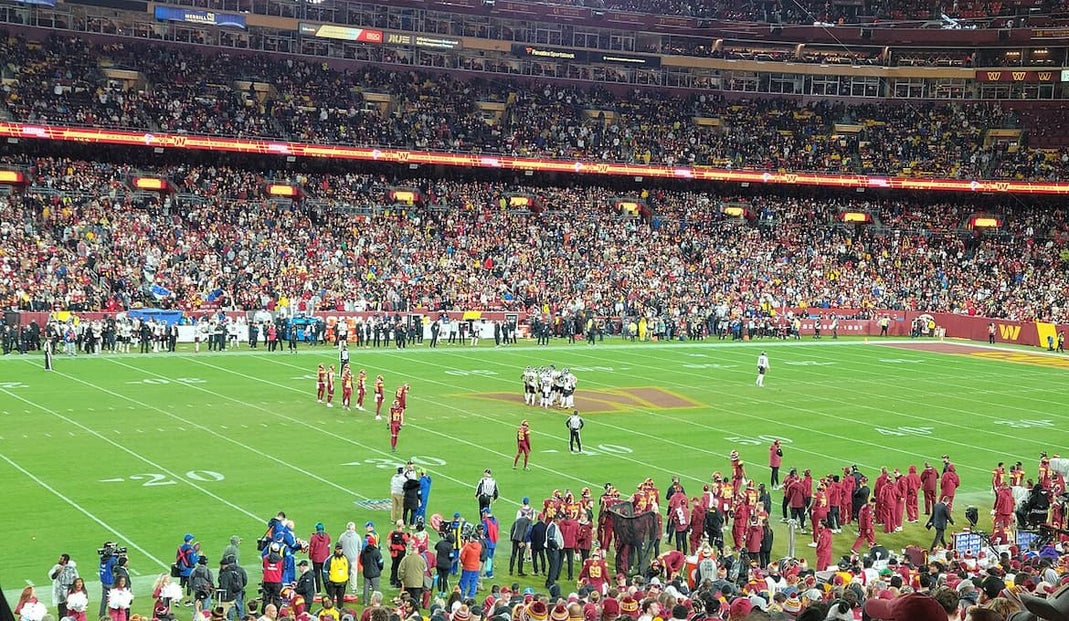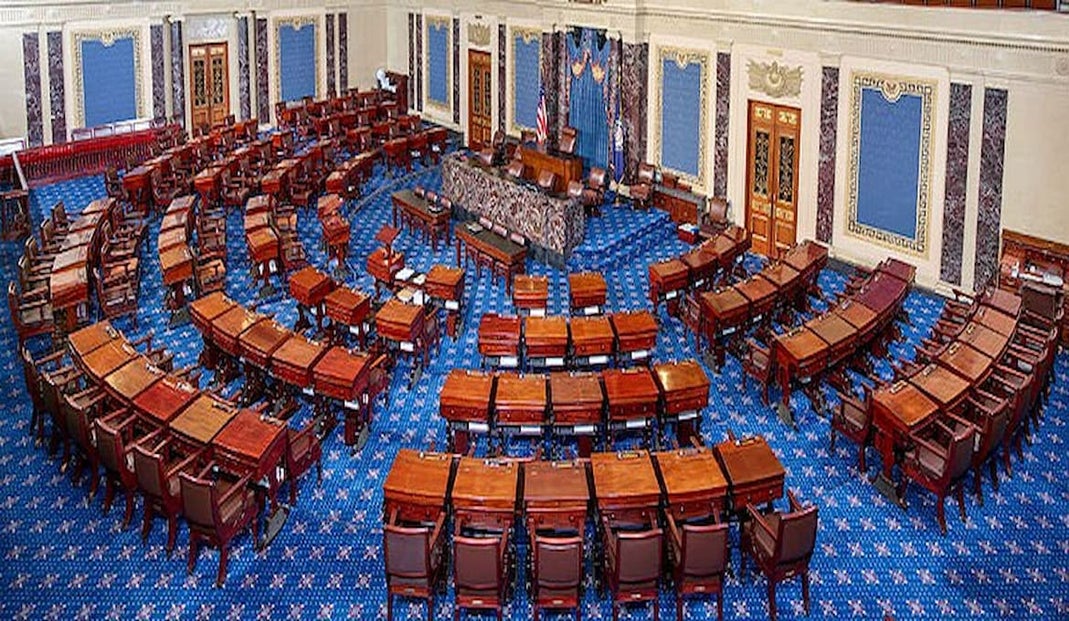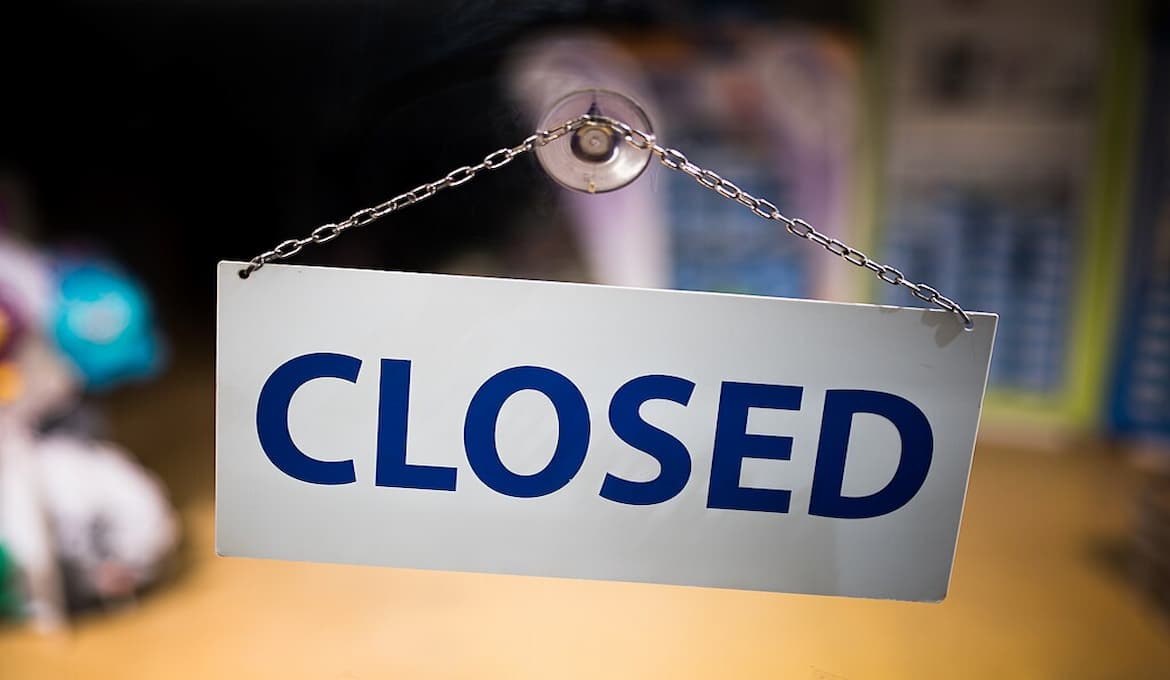Prediction Markets Threaten Tax Revenue
While Ohio and Nevada are the first two states to issue warnings to sportsbooks, the vast majority have expressed their opposition to sports prediction markets. A coalition of Attorneys General from over 30 states has joined forces to challenge the industry, with lawsuits against operators like Kalshi and Robinhood continuing to mount.
The reason for the strong opposition is that the prediction markets aren’t subject to the heavy taxes placed on sports betting. That means they don’t contribute much in tax revenue to the states, which have been raking in millions from sports betting. If prediction markets overtake sports betting, it will strip those markets of crucial funds.
Industry Remains Under Fire
Not long ago, it seemed as if sports prediction markets would soon dominate the US market. However, that future is far less clear these days. State regulators and tribal gaming groups have filed several lawsuits to challenge the industry’s legal status, alleging that it is a dangerous form of unregulated gambling.
The White House has close ties to prediction market operators, with Donald Trump Jr. establishing ties with operators Kalshi and Polymarket. While that support is strong, bipartisan opposition may be wearing it down. It has already led to a delay in nominating a new head of the Commodity Futures Trading Commission (CFTC).
Top Sportsbooks Face Critical Decision
Despite the vast majority of US markets rejecting prediction markets, several sportsbooks have expressed interest in joining the new industry. FanDuel already announced its own platform, but DraftKings is also rumored to be in talks to acquire the recently CFTC-licensed Railbird Exchange. Those two operators own well over 80% of the US market share for sports betting, leading states to take notice.
As successful as the two industry-leading sportsbooks have been, that success isn’t guaranteed to translate to sports prediction markets. Other Operators have more experience and are already building larger user bases. That could make it hard for FanDuel and DraftKings to compete, making the move a risk.
With two states already threatening to pull their sports betting licenses, the sportsbooks wouldn’t be able to fall back on sports betting if they fail at prediction markets. This would result in significant revenue losses and substantial leadership turnover.










